The world’s climate is changing. According to the National Oceanic and Atmospheric Administration, the global average temperature has been steadily rising and is now 1.7 degrees hotter than it was in 1985, and is expected to increase 4.8 degrees by 2050.
And with that, the effects on our quality of life in San Diego are shifting and evolving – from increased coastal flooding due to sea level rise and heavier rainfall, to longer wildfire seasons, as indicated by the San Diego, 2050 Is Calling. How Will We Answer? report.
But what does that mean for our economy, businesses, neighborhoods and everyday surroundings?
The San Diego Foundation has worked to build capacity on planning for and reducing the impacts of climate change to our communities since the inception of our Climate Initiative in 2006.
One of the primary ways we do that is by investing in research to help policymakers, business leaders and other community members make informed decisions that will impact us all today, and into the future.
Over the past 10 years, The San Diego Foundation has worked with experts and partners to publish 18 climate change research studies that help identify the short-term and long-term effects on our region.
Protecting Our Economy
Our regional economy and the quality of life of our workforce are intimately connected to our mild climate.
Businesses feel the effects of climate change in dollars and cents.
For example, our Economic Resilience: Health study shows that by 2050, San Diego County will have approximately seven times as many days of extreme heat than we do now. And with 220,000 San Diegans employed in heat-exposed industries, such as construction, agriculture and transportation, the toll on the economy will be significant.
According to the Economic Resilience: Health study, the potential productivity and financial loss includes:
- 65,000 production hours lost in heat-exposed industries
- 17 percent increase in commercial sector spending on electricity due to increased A/C usage
- As much as $9.4 million in additional employee medical costs annually due to extreme heat
Preserving Our Coastline
The San Diego coastline is one of our region’s most cherished resources and plays a vital role in our vibrant quality of life. But with higher sea levels and more extreme winter storms that experts predict in the Economic Resilience: Water report, that may not always be the case.
The changing climate means our shoreline communities are becoming more vulnerable to beach loss and coastal cliff erosion.
The report goes on to reveal how sea level in our region is expected to rise nearly three times faster between now and 2050 than it did in the prior half century. Couple that with more frequent and severe storms that cause flooding, and scientists who contributed to the San Diego, 2050 Is Calling. How Will We Answer? report predict that our coastal challenges will only increase.
Lastly, data from the San Diego, 2050 Is Calling. How Will We Answer? report shows that San Diego will face greater likelihood of costly damage to coastal homes and businesses, as well as the port and airport, naval bases, highways and railroad tracks.
Collaborative Support
We learned from the San Diego, 2050 is Calling. How Will We Answer? report that San Diegans are keenly focused on this pressing challenge – 8 out 10 residents are concerned about the impact climate change will have on our environment, communities and economy.
Through the work of our Climate Initiative, The San Diego Foundation is committed to being part of the broader solution, alongside countless other local government, business and community leaders.
We encourage you to be part of the solution by supporting the work of The San Diego Foundation and its partners.
Protect San Diego from Climate Change
What impact do you think climate change will have on San Diego’s environment, communities and economy? Let us know in the comments below!
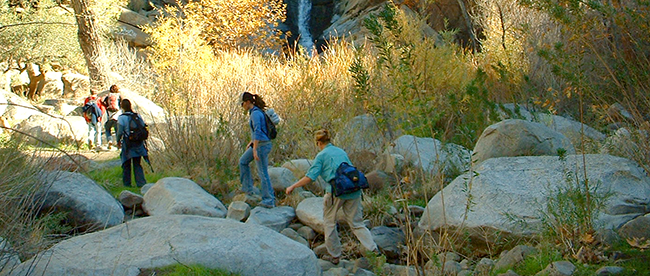
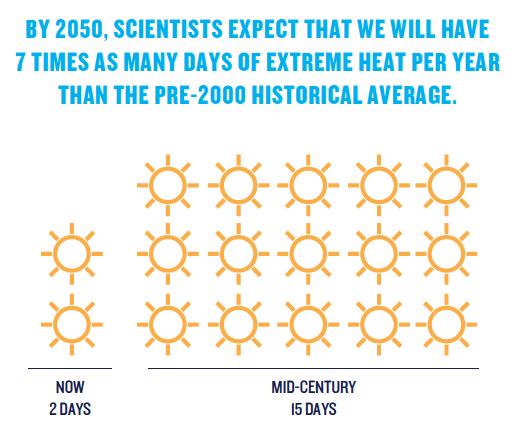
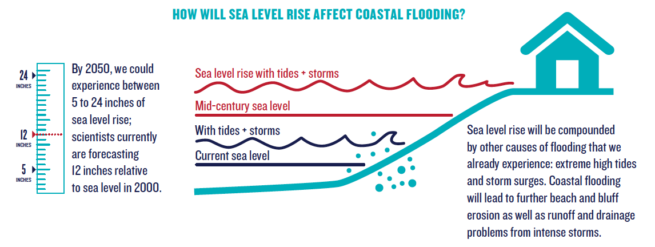

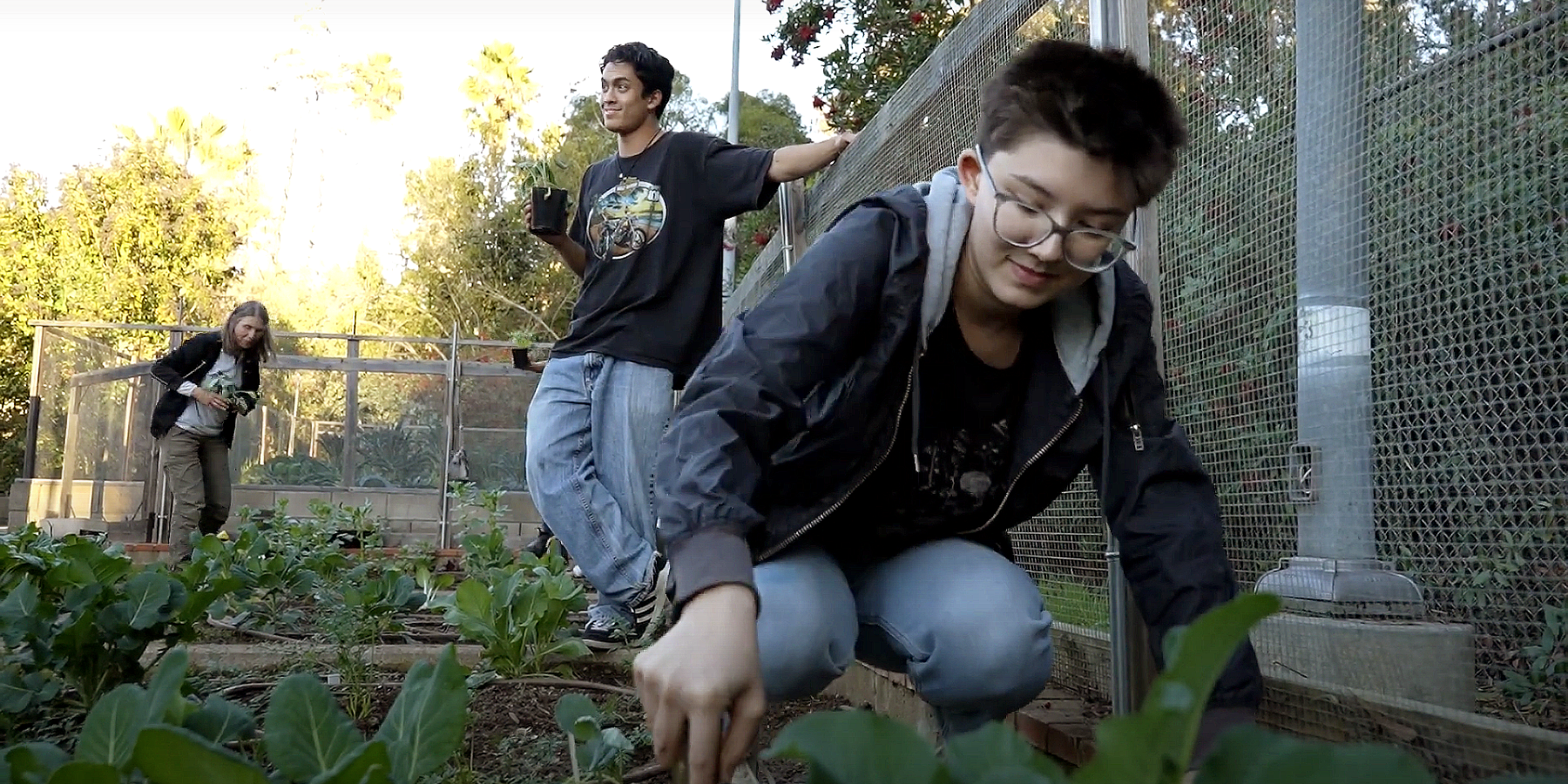
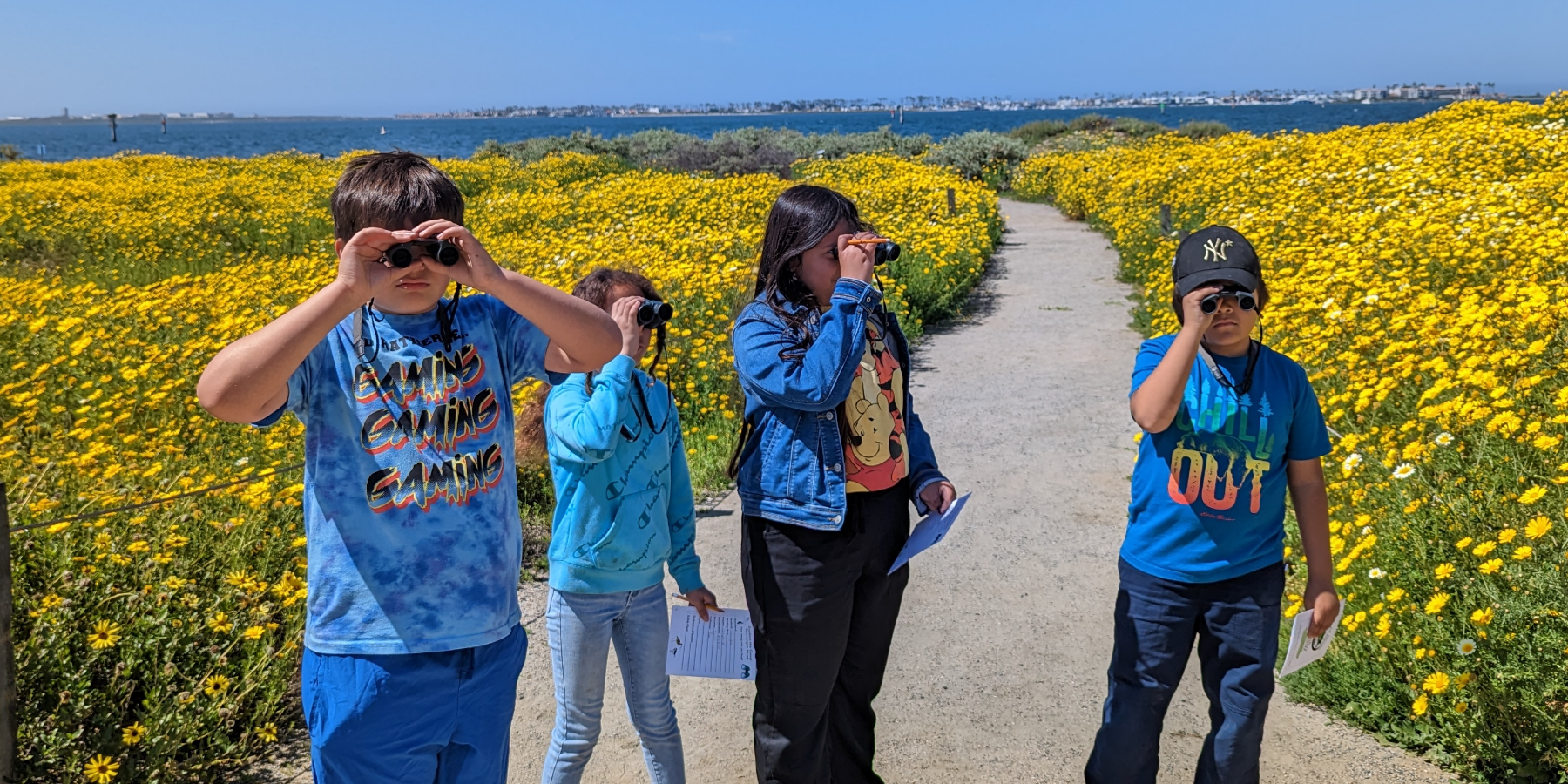

Let us know in the comments below!